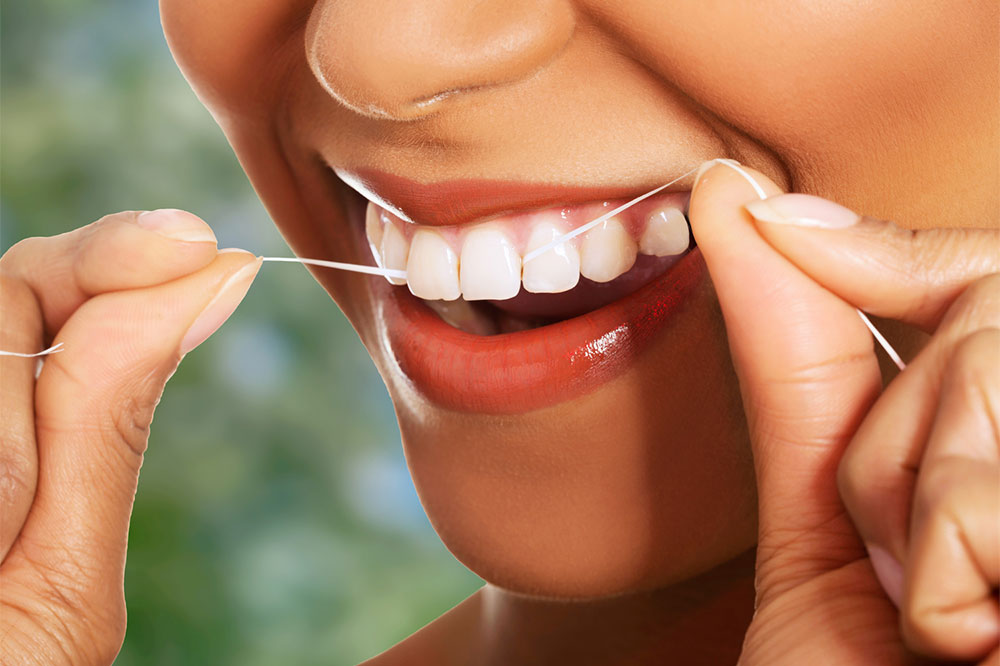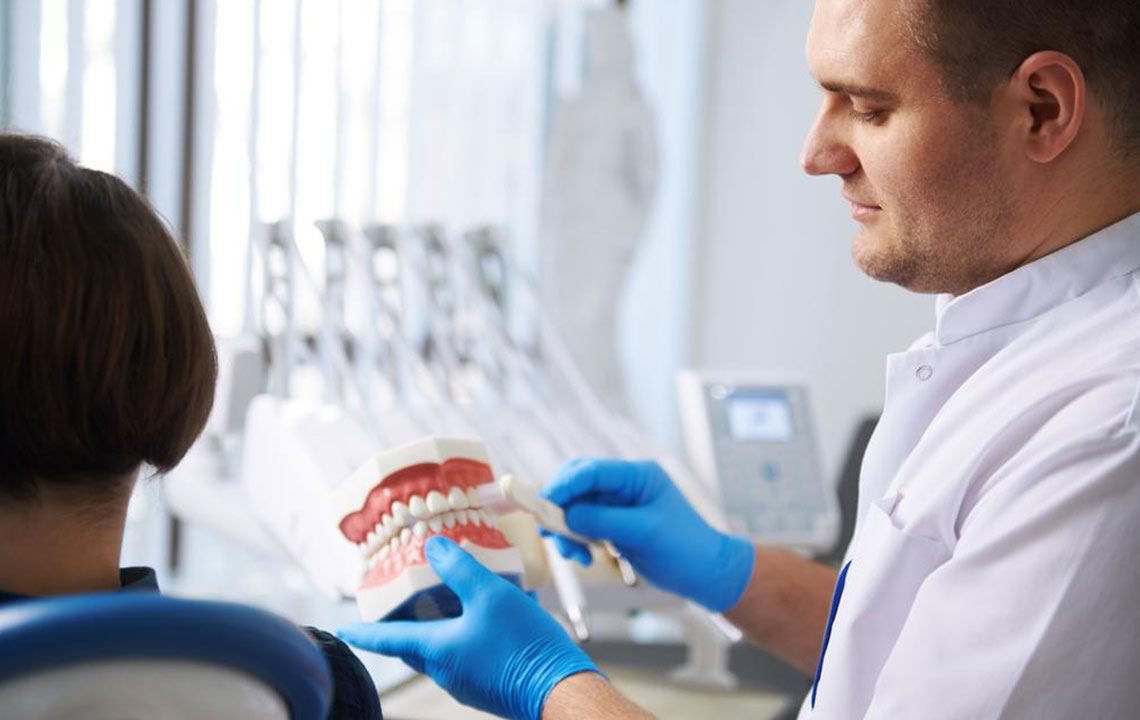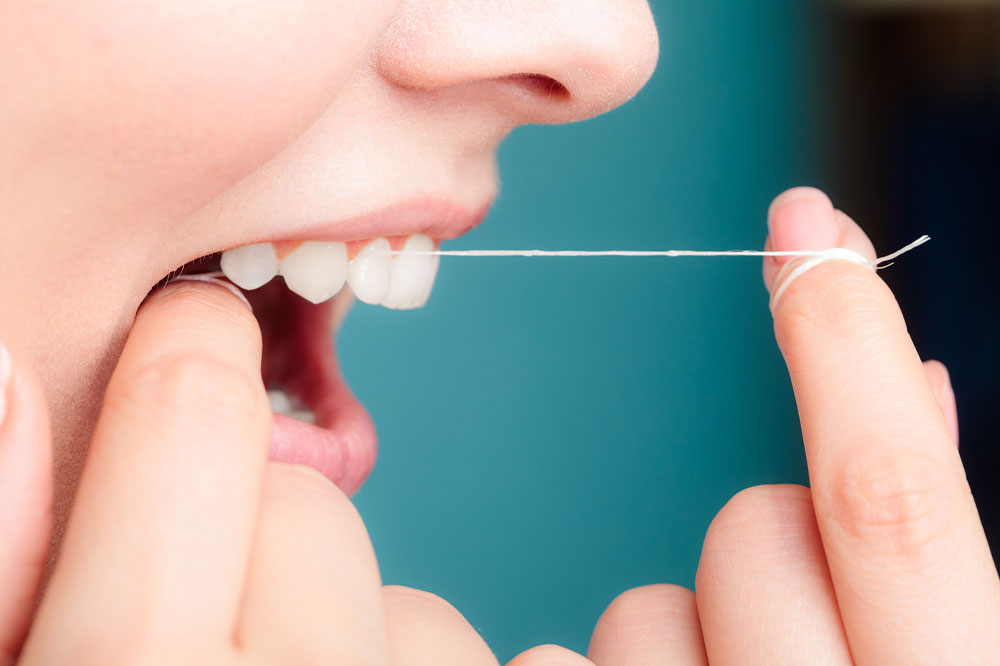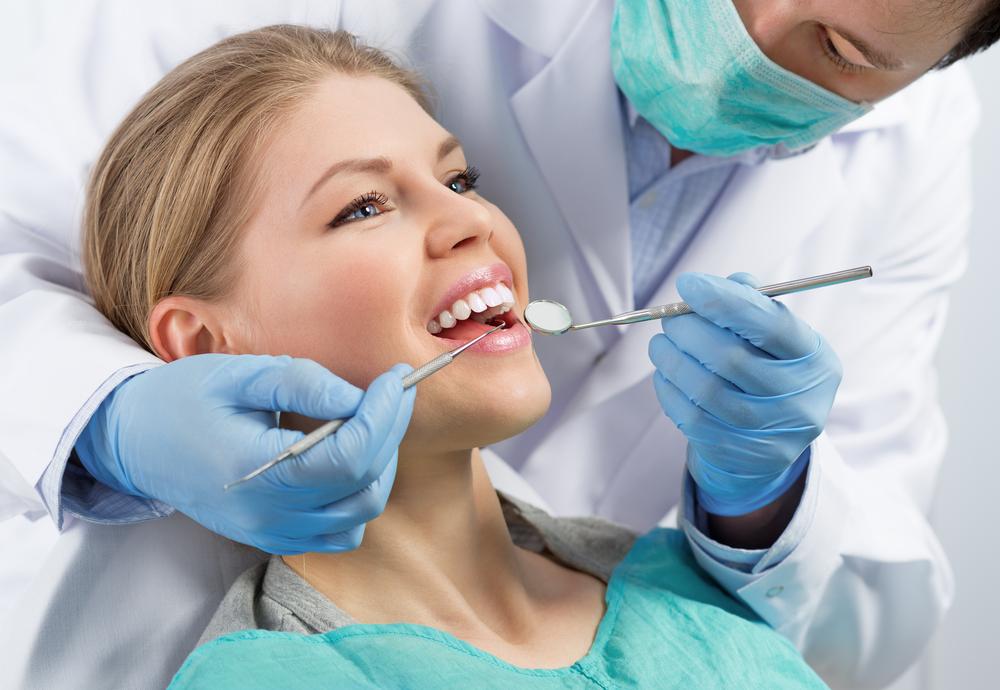Comprehensive Guide to Preventing Dental Pain and Ensuring Optimal Oral Health
Proper dental hygiene is crucial for a pain-free smile and overall health. This comprehensive guide details effective strategies such as regular brushing, flossing, tongue cleaning, and avoiding harmful habits to prevent cavities and gum disease. Routine dental check-ups and a healthy diet complement daily habits to ensure optimal oral health. Emphasizing prevention, these practices help avoid costly treatments and maintain a confident, healthy smile throughout life.

Comprehensive Guide to Preventing Dental Pain and Ensuring Optimal Oral Health
Maintaining excellent dental hygiene is fundamental not only for a bright smile but also for overall health and well-being. Our teeth play a vital role in everyday activities such as eating, speaking, and expressing emotions. As we progress through life, dental health becomes increasingly susceptible to issues, highlighting the critical importance of preventive care. Proper oral maintenance can help us avoid discomfort, prevent the development of serious dental conditions, and reduce healthcare costs over time.
Understanding the intricate structure of your teeth and their defenses is essential for effective prevention. The outermost layer of the teeth, called enamel, serves as the primary protective shield against physical damage, decay, and temperature extremes. Enamel is the hardest substance in the human body, but it is vulnerable to acids produced by bacterial plaque that accumulates daily. If not managed properly, this acid can erode enamel, creating tiny holes or cavities that compromise tooth integrity and cause pain.
To effectively prevent dental issues, consistent oral hygiene practices are crucial. Brushing your teeth regularly is the cornerstone of good dental health. It helps remove plaque—the sticky film of bacteria and food particles that form on teeth—and reduces the risk of cavities and gum disease. However, many people underestimate the importance of brushing thoroughly and adequately; studies indicate that a significant number of individuals brush for less than 40 seconds, which is insufficient for cleaning all surfaces effectively.
Dental professionals recommend brushing at least twice a day for a minimum of two minutes each time. Proper brushing means using a fluoride toothpaste and gentle, circular motions to clean all surfaces of the teeth, including hard-to-reach areas. Aggressive or rough scrubbing can harm gums and lead to recession, exposing tooth roots and increasing sensitivity. Flossing complements brushing by removing debris and plaque from between teeth and under the gumline where a toothbrush can't reach. While flossing is beneficial, it should be done correctly and as advised by a dental professional to avoid unnecessary damage or gaps between teeth.
Beyond brushing and flossing, cleaning your tongue is an often overlooked but vital step in maintaining fresh breath and reducing bacteria in the mouth. Food particles and bacteria on the tongue's surface can cause bad breath and contribute to plaque buildup. Using a tongue scraper or brushing the tongue gently can significantly improve oral hygiene.
Diet plays a fundamental role in dental health. Limiting consumption of sugary soft drinks, energy drinks, sweetened beverages, and chewing gums containing acids can decrease enamel erosion and cavity formation. These sugary and acidic foods feed harmful bacteria in the mouth, accelerating decay. Additionally, habits like using teeth to open bottles or biting on hard objects can cause physical damage, chipping, or cracking teeth.
Gentle brushing techniques are preferable to vigorous scrubbing, which can lead to gum recession—a condition where the gum tissue pulls away from the teeth, exposing the sensitive roots and causing increased sensitivity and discomfort. Smoking and tobacco use are also major enemies of oral health, contributing to gum disease, staining, and more severe conditions like oral cancer. Avoiding these habits is vital for maintaining a healthy mouth.
Besides daily routines, regular dental check-ups are essential for early detection and treatment of potential issues. Routine visits—at least twice a year—allow dental professionals to assess the health of your teeth and gums, perform professional cleanings, and recommend personalized preventive strategies. Early intervention can prevent minor issues from developing into painful, costly conditions.
In summary, proactive oral care involving consistent hygiene practices, a healthy diet, and regular dental visits can significantly reduce the risk of dental pain, cavities, gum disease, and other complications. These measures help preserve your natural teeth, ensure a pain-free smile, and promote overall health. Remember, prevention is always better—and less painful—than treatment.





